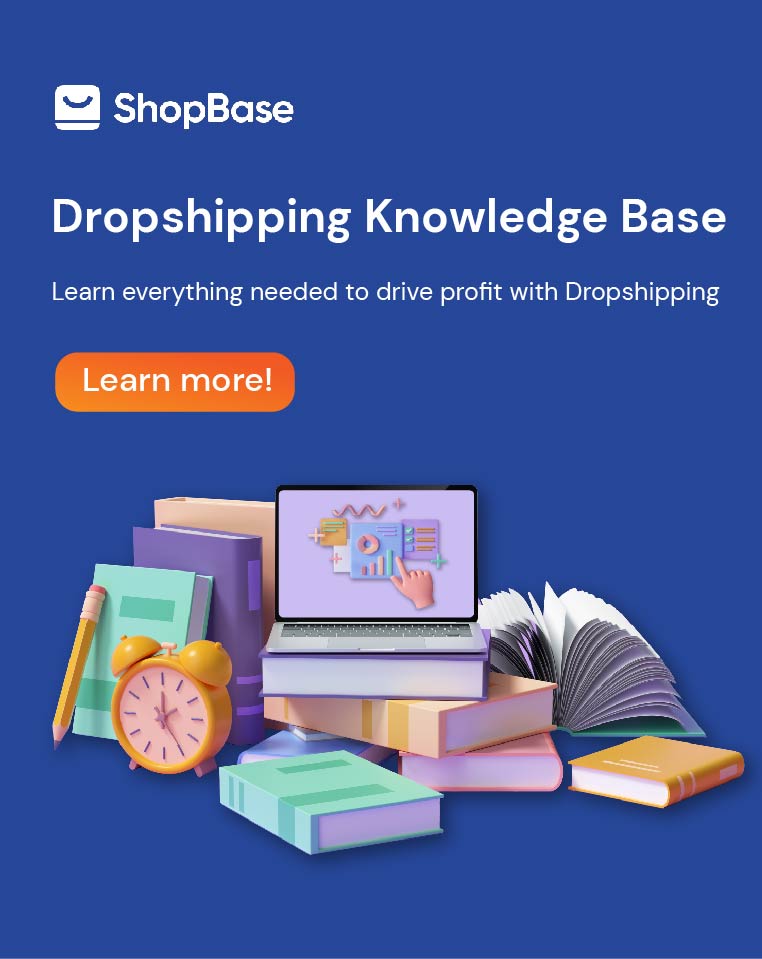Imagine you are a consumer, you order an item from this seller, however, you receive the package delivered by another merchant. Then you realize the company that sent you the goods is a wholesaler. Next time, you order directly from the wholesaler to save your money.
As a consumer, that’s smart but for sellers, they are losing their customers. That’s where blind dropshipping comes to the rescue.
Menu:
1. What is blind dropshipping?
Blind dropshipping means when a third party supplier, on behalf of you, delivers the product to your customers, they do not reveal any relevant information about themself on the shipping label.
There still remains one problem, however. Since there is no information available on the packaging, the customer won’t be able to directly contact the manufacturer should any problem arise. On the other hand, the supplier can easily contact the client with the information provided by you. That is the reason why we need double blind dropshipping.
2. What is double blind dropshipping?
In the above blind dropshipping, only customers are “in the blind”, they do not know the actual source of the product. In this double blind dropshipping, the suppliers are also “in the blind”, they do not know where their products are going to.
To make this happen, the supplier coordinates the shipment directly with the transport or through the cargo agent. In most cases, the supplier will be kept unaware of the shipping address, instead, it will be linked to the product while it is still in the inventory.
The complexity of the double dropshipping has caused it to be very expensive. Hence, it is usually only used by a few businesses.
3. What are the benefits of blind dropshipping?
- Purchasing products that are already in stock gives consumers a sense of security and that goes the same way with blind dropshipping.
- Blind dropshipping does not have any negative impact on the seller’s rights and interests. In fact, it even acts as a shield for them. You don’t have to worry about your suppliers directly contacting your customers for future orders.





